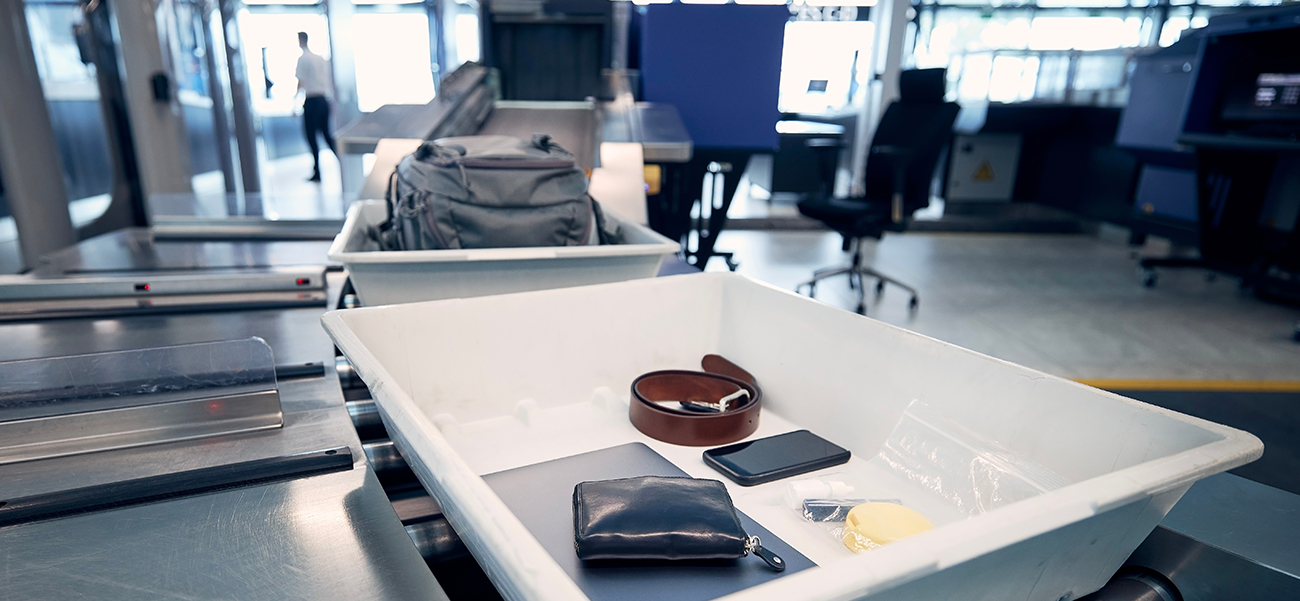
Encryption is essential for protecting sensitive data, especially when crossing international borders. However, some countries have regulations concerning encryption technologies. Understanding these regulations and knowing how to manage your data can prevent potential complications at border crossings.
Encryption: Navigating International Regulations
The use of encryption, while crucial for protecting data, is subject to varying regulations across countries. Some countries ban or severely restrict the import and use of encryption devices, so research your destination's specific regulations before you travel.
Options for Managing Encryption When Travelling
If you're travelling to a country with restrictions on encrypted devices, here are some options:
- Loaner Device: Contact your local IT helpdesk to inquire about using a "loaner device" specifically configured for travel to countries with encryption restrictions.
- Remote Access: Instead of carrying sensitive data, consider accessing UBC systems remotely using secure methods like a VPN.
Data Management: Minimize Risks
Regardless of your destination, practice good data management habits when travelling:
- Minimize Data: Only carry essential data on your devices. Leave unnecessary files and sensitive information at home or stored securely in the cloud.
- Back Up Data: Create backups of all files before you travel and store them in a secure location, separate from your travel devices. Consider using cloud storage or an external hard drive for backups.
- Secure Deletion: If you need to delete sensitive files from your devices while travelling, use secure deletion methods that overwrite the data to prevent recovery.
Border Considerations: Be Prepared
- Border Officials' Powers: Be aware that border officials in many countries have broad powers to inspect electronic devices. They may ask you to unlock your device or provide passwords.
- Cooperation and Awareness: If asked to unlock your device, cooperate with border officials while maintaining awareness of your rights and responsibilities regarding data protection.
By understanding encryption regulations, practicing responsible data management, and being aware of potential risks, UBC faculty and staff can contribute to a safe and productive travel experience.
It's important to stay informed about the latest cyber-safe travel practices. Regularly check the Canadian Government's official websites and webpages for updates on regulations, guidelines, and emerging threats. By staying informed and taking the necessary precautions, you can enjoy your travels with peace of mind, knowing that your digital security is protected
Go Further...
UBC Resources
- International Travel with Electronics
- Travel with Electronics: Key Considerations
- Travel: All Destinations [printout]
- Information Security Standard U6 – Working Remotely
- International travel resources (SRS)
- Security Considerations for International Travel with Mobile Devices (CIO)
External Resources